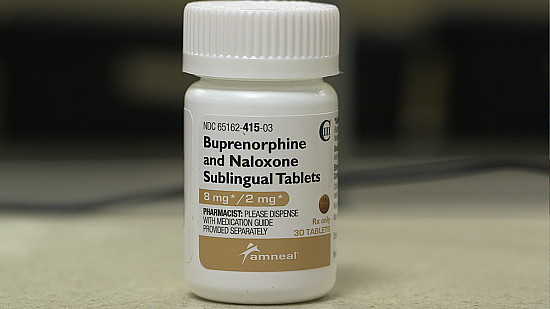Understanding the language of addiction

People allude to addiction in everyday conversation, casually referring to themselves as "chocolate addicts" or "workaholics." But addiction is not a term clinicians take lightly. Addiction is defined as a condition characterized by the loss of control over the use of a psychoactive drug or the participation in an activity, such as gambling. People with an addiction also crave their activity and continue to pursue it even though they experience adverse consequences as a result of doing so.
There are a few key terms surrounding addiction that people tend to use interchangeably. The words tolerance, physical dependence, and withdrawal can sometimes be confused with each other. These terms are related but not interchangeable.
- Tolerance means that, over time, a person will need larger doses to get the same effect first experienced with smaller doses. Because tolerance to some side effects does not occur, people with tolerance often face worsening side effects as they take larger and larger doses.
- Physical dependence means that the body gets used to having the substance or activity and "misses it" if it's taken away. People with physical dependence who stop using their object of dependence or who decrease their dose might develop uncomfortable withdrawal symptoms.
- Withdrawalrefers to a range of typical symptoms that vary depending on the substance or activity in question, but they often reflect the opposite of the high. How long withdrawal symptoms last and how severe they are depends on which substance (or activity) a person uses, at what dose, and for how long. The fear of withdrawal symptoms sometimes makes people nervous about stopping or lowering their dose. That's sometimes true even for people who no longer derive pleasure from their object of addiction.
For more information on how to kick your addiction, check out Overcoming Addiction, a Special Health Report from Harvard Medical School.
Image: © GettyImages
Disclaimer:
As a service to our readers, Harvard Health Publishing provides access to our library of archived content. Please note the date of last review or update on all articles.
No content on this site, regardless of date, should ever be used as a substitute for direct medical advice from your doctor or other qualified clinician.















